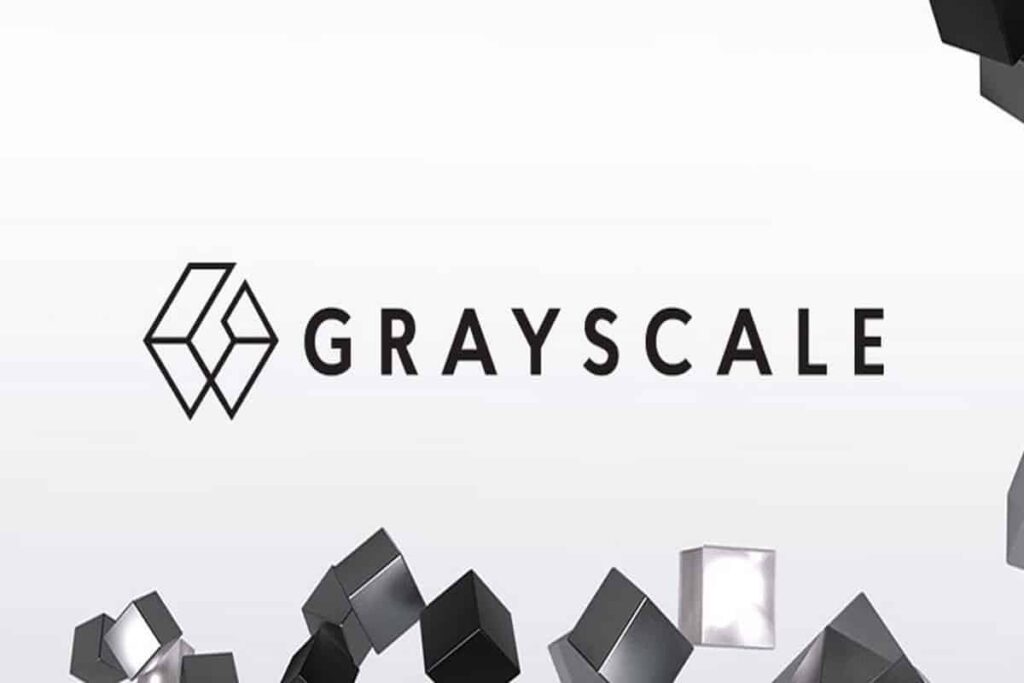The collapse of FTX, a cryptocurrency exchange has left a major dent in the global digital asset market. Several crypto exchanges and lending platforms have felt the impact of this debacle. However, this wildfire has now reached the world’s largest cryptocurrency fund.
Grayscale Bitcoin trust trading in negative premium
According to the data, Grayscale Bitcoin Trust Fund (GBTC)’s negative premium expanded to a whopping 42.7%. While the negative premium of Ethereum Fund dropped to 40.12%. Both trust funds have hit a record low.
Reports suggest that GBTC which owns 3.5% of the world’s Bitcoin, value has dropped as investors are hesitant to invest in the market to the recent FTX crash. However, Grayscale has said that it was not affected by the collapse of Genesis and its subsidiary of DCG.
The decline in premium hints that trust investors have suffered an 83% loss since the Bitcoin price touched it’s All time-high (ATH) in November. Bitcoin prices have dropped by a massive 65% on year to day (YTD) basis.
Bitcoin is trading at an average price of $16,748, at the press time. BTC’s total market cap now stands at $321.7 billion.
Is this a warning for crypto investors?
According to experts, investors’ confidence in cryptocurrency has declined massively by the implosion of FTX. The global digital asset market cap dropped below the crucial $1 trillion mark due to the recent turn of events.
Grayscale investors looked panicked on Wednesday when crypto lending platform Genesis suspended its services. Genesis reportedly originates more than $50 billion of loans last year. However, its lending arm suffered a major blow from the collapse of Three Arrows Capital.
Genesis and Grayscale are subsidiaries of Digital Currency Group. Genesis acted as the authorized participant of GBTC. It is responsible for issuing new shares for Grayscale securities until last month.
The presented content may include the personal opinion of the author and is subject to market condition. Do your market research before investing in cryptocurrencies. The author or the publication does not hold any responsibility for your personal financial loss.

